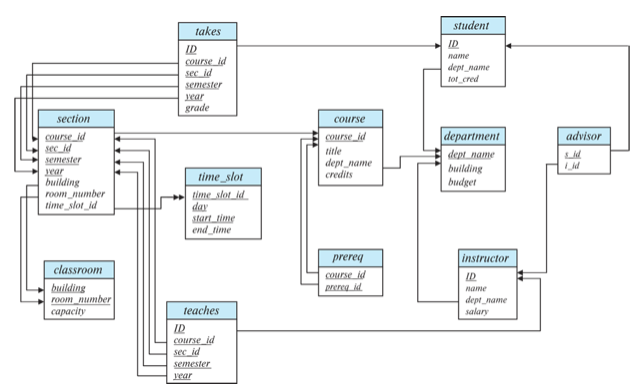
Answers, or at least partial answers, will be posted Friday

-- show all the names of all actors in every movie. -- sort the results so that you easily see all the actors in each movie -- sort so that you easily see what moves each actor was in -- show the names of all actors in the movies that have the 3 longest lists of actors. Show results for only the these three movies -- find the names of all films in the Sports category -- find all names of all films in the Sci-Fi category the have an actor whose last name is Bale -- Write a query that returns true or false for: are there any films with more than one category (This may require only a single table)? -- What is the name of the film with the most listed stars? (There may be more than one) -- What is the name of the most rented movie and how many times was it rented?
-- for 20 launches show all details about the launch and the site at which the launch occurred. Do this two ways. First without the JOIN clause in your SELECT statement; second with JOIN (probably an inner join). Can you use a natural join to get the same result?
-- THIS IS NOT A QUESTION TO ANSWER -- suppose you want to get a random item from a select one random item -- using join -- Not using sorting or limit.
To do this you will need to use the random function ... for instance
select random() as r;
-- select one random launch. use sorting and limit.
--select one random launch without using sort or limit (one way to do this uses random(), rank(), and WITH ). Another way uses WITH, random() and max.
--in two different ways find all launches whose apogee was higher than the apogee of any launch in 1957.
-- way 1: using the "any" operator
-- way 2: using max
-- compare the time required for each query ... which is faster, why?
-- to turn on timing: \timing on